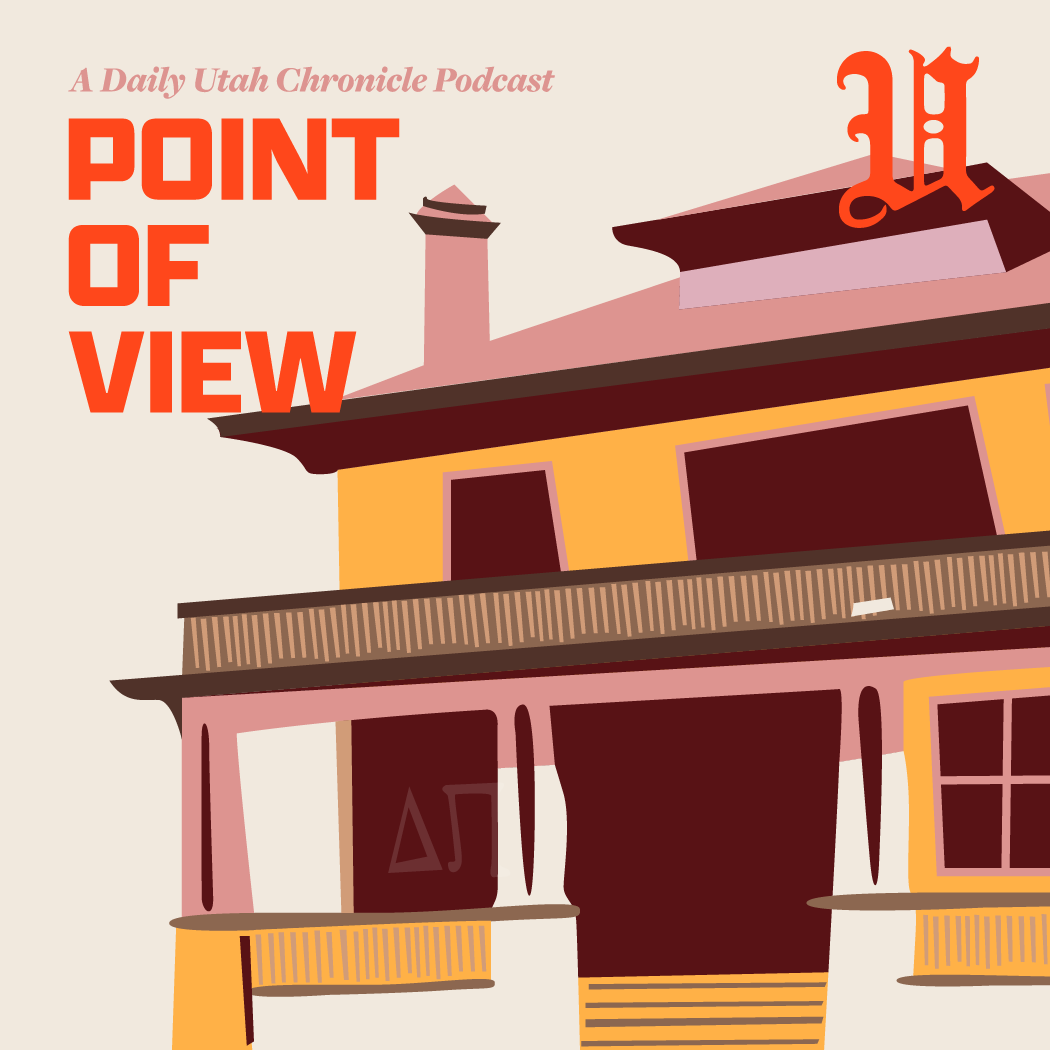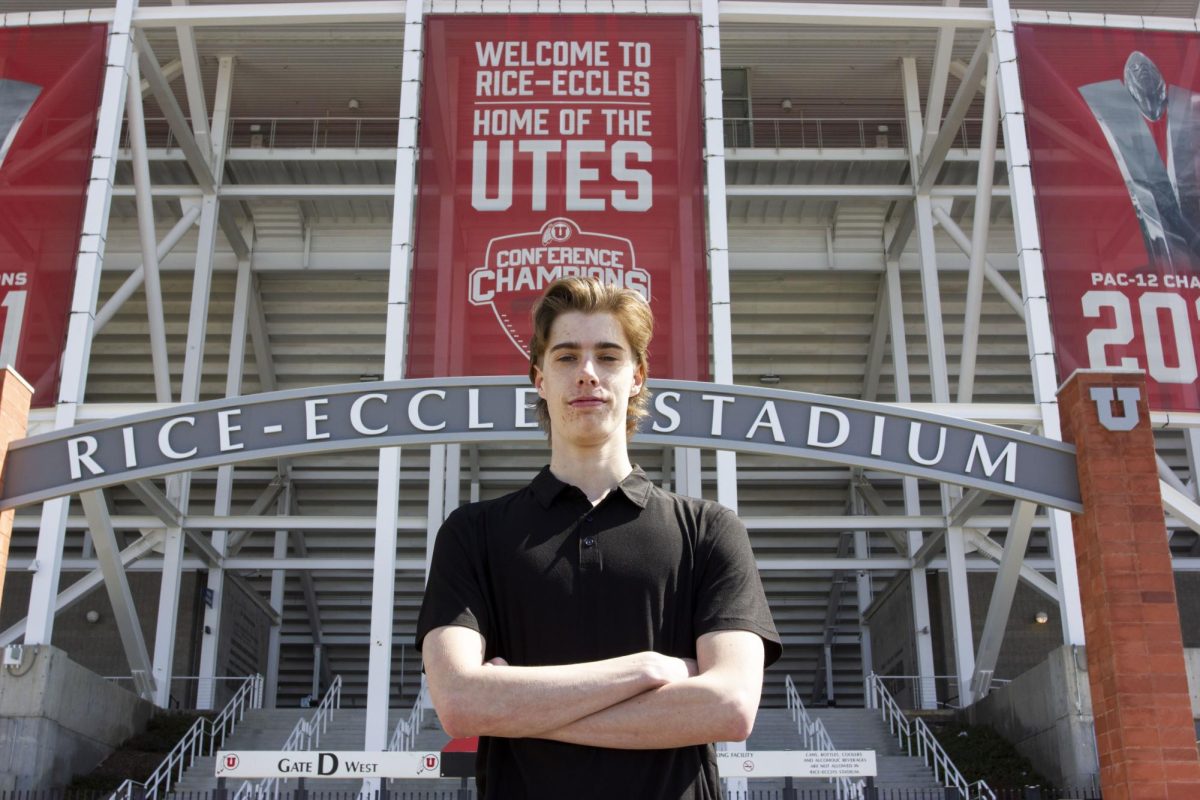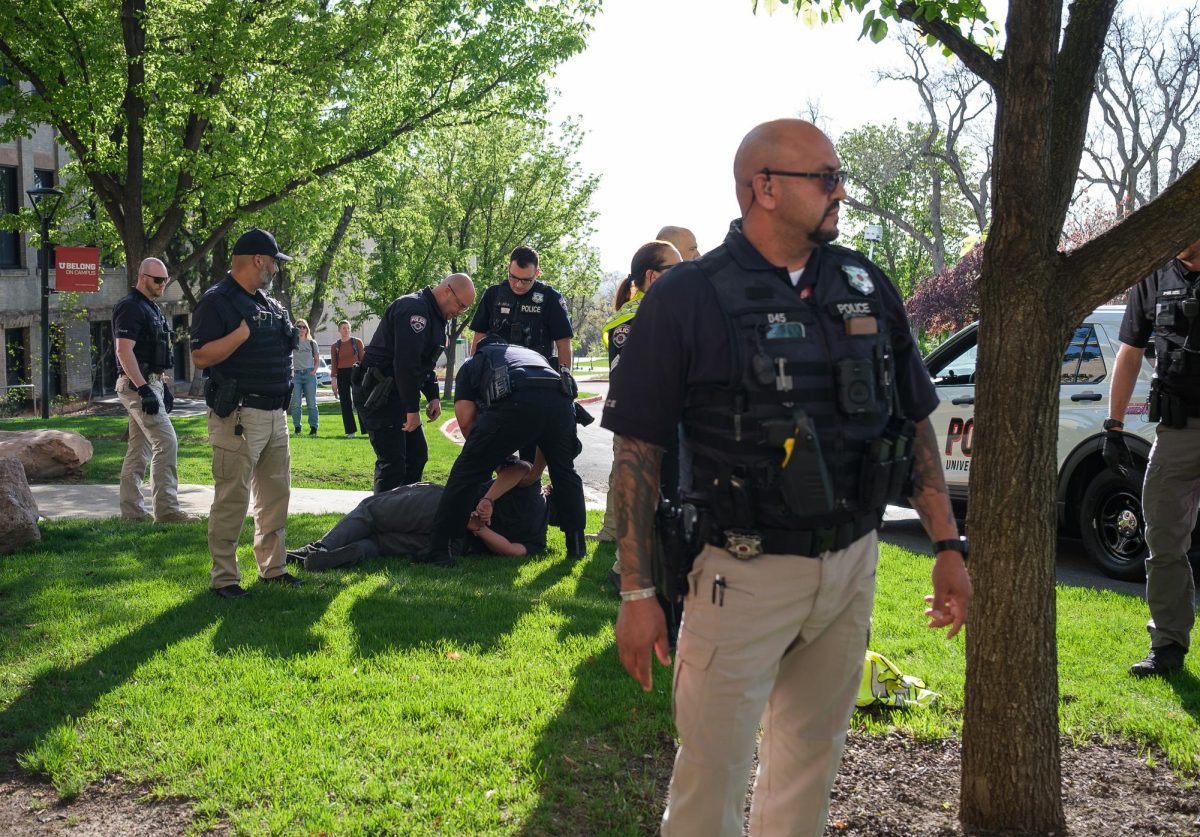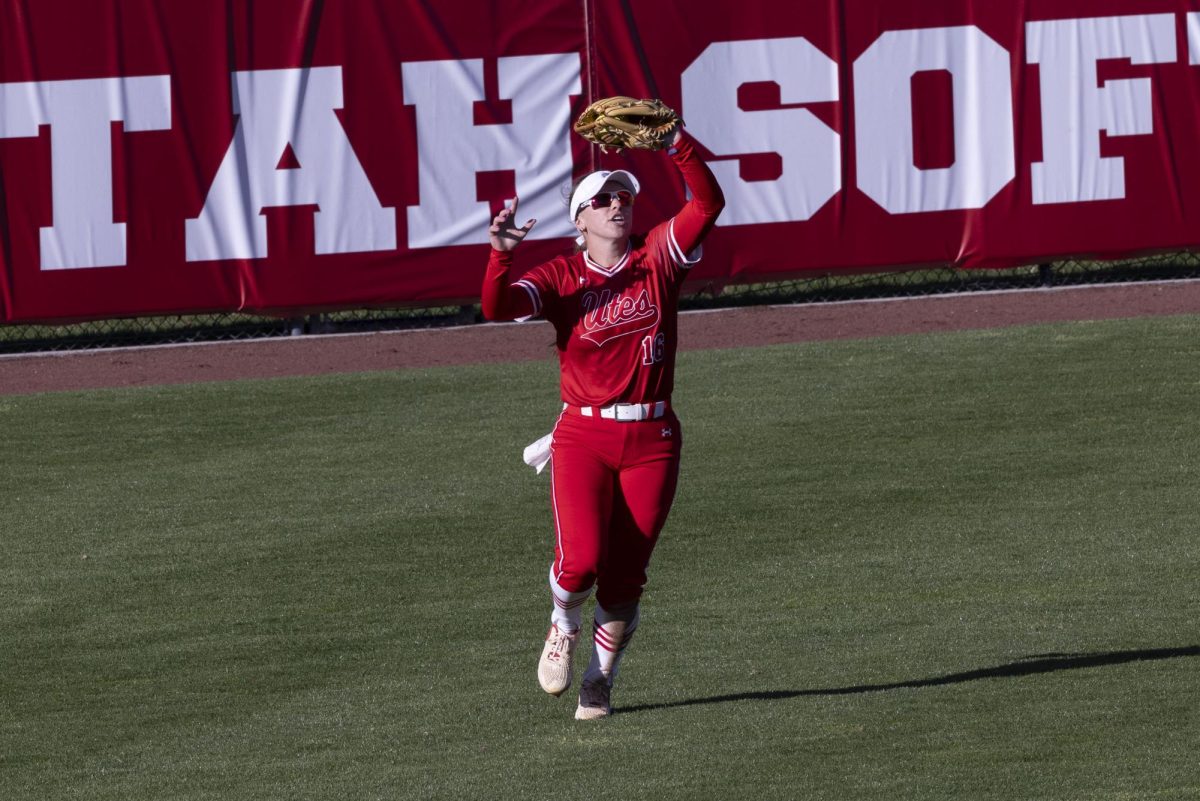Rock the vote. Vote or die. We’ve all heard the call for young people to vote.
Although youth voting is still significantly lower than national turnout for adults, it’s currently on the rise — an increase experts attribute to greater voter outreach toward the 18 to 24 demographic and the relevancy of current issues to young adults. But even with this boost, Utah youth is lagging behind.
“Right now there’s a very negative clout about politics. We want to change that,” said Marko Mijic, director of the ASUU Government Relations Board. “As students, we can change the elections.”
From the 2002 to 2006 midterm elections, the percent of eligible 18- to 29-year-olds who voted nationwide rose by 3 percentage points to 25 percent — the largest increase among all age groups, according to statistics from The Center for Information and Research on Civic Learning and Engagement.
Utah’s youth voting decreased during those years, with its turnout rate dropping five points and pushing Utah from being ranked 29th to 49th among all states and the District of Columbia for youth voting.
As with most states, Utah youth made a better showing in the presidential elections than midterm elections. In 2002, 19 percent of Utah voters between the ages 18 and 24 turned out at the polls, equal to the national turnout, but for the 2004 presidential elections, Fifty-one percent voted, which was above the national turnout of 47 percent. These numbers still fell short of the turnout for older voters. Half of registered Utah voters ages 25 and older voted in 2002, and 71 percent of them voted in 2004.
Despite the low voting turnout, statistics show that Utah youth is still civically engaged. In 2005, Utah was numbered among the top five states for youth volunteer efforts among all states and Washington, D.C.
“(Utah youth) don’t tend to vote as much, but they do volunteer,” said Mark Hugo Lopez, research director for the University of Maryland-based CIRCLE, an independent research think tank. He speculated low turnout was “probably because there are not as many contested, close elections.”
Bryson Morgan, a senior working in the Hinckley Institute of Politics, said he thinks the nation is turning the corner with youth voting. More organizations are reaching out to register young people and get them to the polls, he said, listing programs such as VoteProject — an initiative started at the U in 2004 to get students registered to vote — Rock the Vote and voting promotion on MTV as driving forces.
“Current research shows that youth participate when they are asked to do so,” the CIRCLE report said.
VoteProject, a partnership with the Associated Students of the University of Utah, the Hinckley Institute and other campus political groups, will register students to vote at today’s Impact Day event. Although they are now focusing on the Salt Lake City elections, they will expand to the presidential elections in January, when they will go to high schools and other Utah universities to register students.
“We want a VoteProject chapter at every institution in Utah,” Mijic said.
VoteProject hopes to register 5,000 students to vote before the 2008 presidential primaries, and has already registered 200 voters through tabling.
If students register to vote through VoteProject, by signing up at Impact Day or submitting an application to ASUU, organizers will deliver the applications to the County Clerk’s office or mail them within three days. On election day, VoteProject will call U students to remind them to vote.
CIRCLE statistics showed that college students are more likely to vote than 18- to 24-year-olds who aren’t in college. In 2006, 5 percent of Utah’s youth voters had a high school degree, but 35 percent had a bachelor’s degree or beyond.
Morgan also attributes the increase of youth turnout in 2004 to issues pertinent to American youth.
“2004 was a lot about Iraq — issues that are of a more obvious interest to young voters,” Morgan said. “The 18- to 24-year-old population is serving in Iraq.”
Morgan predicted that the 2008 election turnout will continue to rise, especially for Democrats.
“Most college students tend to lean left,” Morgan said. “And candidates like (Barack) Obama are exciting students.”
U professor and pollster Dan Jones said he hopes early attention to the presidential elections, starting more than a year before the party conventions, won’t hurt youth turnout.
“I just hope they don’t tire of it,” Jones said.
Jones said an “open seat” for the presidential ticket gets students excited, but it doesn’t matter unless they actually vote.
“You could have the best candidate in the world, but unless you have the individuals to set up and encourage (youth) to register, it doesn’t help,” Jones said.











